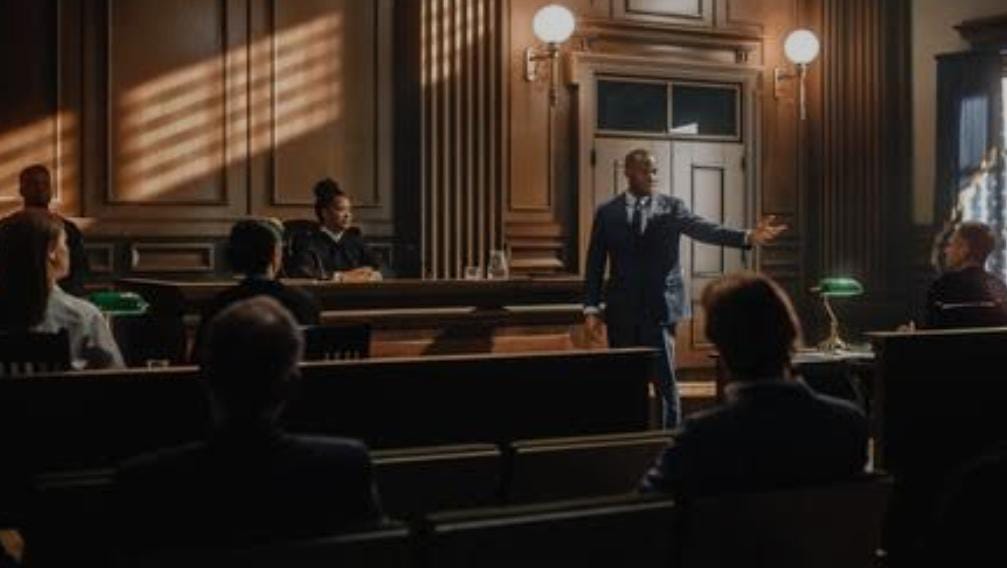
Choosing the Perfect Lawyer for Contesting a Property Case: Facing a property dispute can be one of the most challenging experiences of your life. Emotions run high, stakes are significant, and the legal complexities can feel overwhelming. Whether it’s a boundary dispute, a title issue, or an inheritance conflict, the outcome of your case hinges on one critical decision: choosing the right lawyer.
In this guide, we’ll walk you through the essential steps to selecting the perfect legal representation for your property dispute. By the end, you’ll have the tools and knowledge to make an informed choice that aligns with your goals and maximizes your chances of success.
1. Understand Your Needs: Define the Scope of Your Case
Before diving into your search for a lawyer, take a step back and assess your situation. Property disputes can range from straightforward boundary disagreements to complex legal battles involving multiple parties. Ask yourself:
- What type of property is involved (residential, commercial, agricultural)?
- What is the nature of the dispute (boundary issues, title claims, inheritance conflicts)?
- What is your desired outcome (amicable settlement, court resolution)?
Understanding your needs will help you narrow down your search and find a lawyer with the right expertise to handle your specific case.
2. Prioritize Experience and Expertise
When it comes to property disputes, experience is non-negotiable. Look for a lawyer who specializes in real estate law and has a proven track record of handling cases similar to yours. An attorney with years of experience in property disputes will be better equipped to anticipate challenges, navigate legal complexities, and craft a winning strategy.
Don’t hesitate to ask potential lawyers about their past cases, success rates, and familiarity with local property laws. A seasoned professional will have the confidence and knowledge to guide you through the process effectively. ………Choosing the Perfect Lawyer
3. Evaluate Reputation and Seek References
A lawyer’s reputation speaks volumes about their professionalism and ability to deliver results. Start by researching online reviews on platforms like Google, Yelp, or Avvo. Look for consistent patterns in feedback—both positive and negative—to gauge their strengths and weaknesses.
Additionally, seek recommendations from trusted sources such as friends, family, or colleagues who have dealt with similar legal issues. Word-of-mouth referrals can provide invaluable insights into a lawyer’s reliability and effectiveness.
Finally, ask potential lawyers for references from past clients. Speaking directly with someone who has worked with the attorney can give you a clearer picture of what to expect. ……………….Choosing the Perfect Lawyer
4. Emphasize Communication and Accessibility
Effective communication is the foundation of a successful attorney-client relationship. Your lawyer should be someone who listens to your concerns, explains legal concepts in plain language, and keeps you informed at every stage of the process.
Accessibility is equally important. Ensure your lawyer is responsive to your calls and emails and is available to address urgent matters. A lawyer who prioritizes clear and consistent communication will help you feel more confident and in control throughout the legal process.
………Choosing the Perfect Lawyer
5. Discuss Costs and Fees Transparently
Legal representation can be costly, but it’s an investment in securing your rights and achieving a favorable outcome. When discussing fees with potential lawyers, prioritize transparency. Ask for a detailed breakdown of costs, including attorney fees, court expenses, and any additional charges.
While affordability is important, don’t let cost be the sole deciding factor. Instead, focus on value—choose a lawyer who offers a fair fee structure and demonstrates a commitment to achieving the best possible outcome for your case. ………Choosing the Perfect Lawyer
6. Assess Personal Compatibility
Your lawyer will be your advocate, advisor, and confidant throughout the legal process, so it’s crucial to choose someone you trust and feel comfortable with. Schedule initial consultations with potential candidates to assess their demeanor, communication style, and approach to handling your case.
Pay attention to how well they listen to your concerns, their level of empathy, and their willingness to answer your questions. A strong personal connection with your lawyer will make the legal process less stressful and increase the likelihood of a positive outcome. …….Choosing the Perfect Lawyer
7. Make an Informed Decision
Choosing the perfect lawyer for your property case requires careful consideration of multiple factors: experience, reputation, communication, cost, and personal compatibility. Take your time to research, ask questions, and compare your options.
Remember, the right lawyer will not only provide expert legal guidance but also offer the support and reassurance you need during this challenging time. With the right representation by your side, you can navigate the complexities of your property dispute with confidence and achieve the resolution you deserve. ………….Choosing the Perfect Lawyer
FAQs ……..Choosing the Perfect Lawyer
1. How can I find out about a lawyer’s reputation?
Research online reviews, seek recommendations from trusted sources, and ask the lawyer for references from past clients.
2. What should I consider when discussing fees with a lawyer?
Focus on transparency and value. Ask for a detailed breakdown of costs and ensure the fee structure aligns with the quality of representation.
3. How do I know if a lawyer has the right expertise for my case?
Look for a lawyer with a proven track record in handling property disputes similar to yours. Ask about their experience and success rates.
4. Is it necessary to meet with multiple lawyers before making a decision?
Yes, meeting with multiple lawyers allows you to compare their expertise, communication style, and approach to your case.
5. What should I do if I’m not satisfied with my lawyer’s performance?
Communicate your concerns directly with your lawyer. If the issues persist, consider seeking alternative representation to protect your interests.
https://www.indiacode.nic.in/bitstream/123456789/15341/1/advocate_1961.pdf
https://advawanti.com/should-courts-have-the-power-to-modify-arbitral-awards/
Pingback: Finding Best Family Law Attorney- How to find? - ᴀᴡᴀɴᴛɪ Legal Knowledge